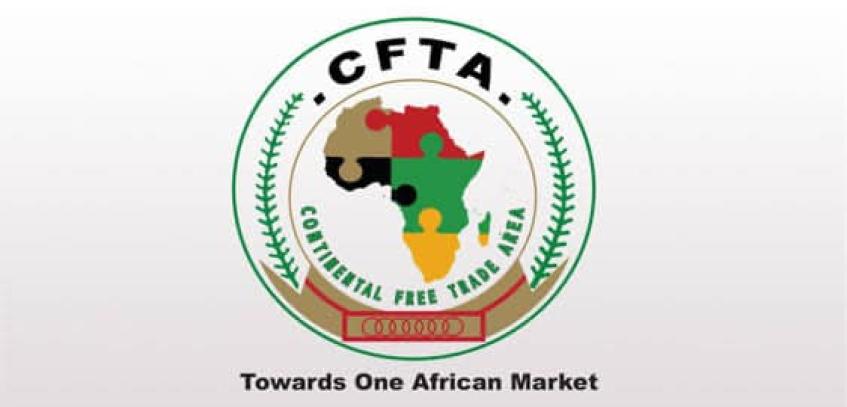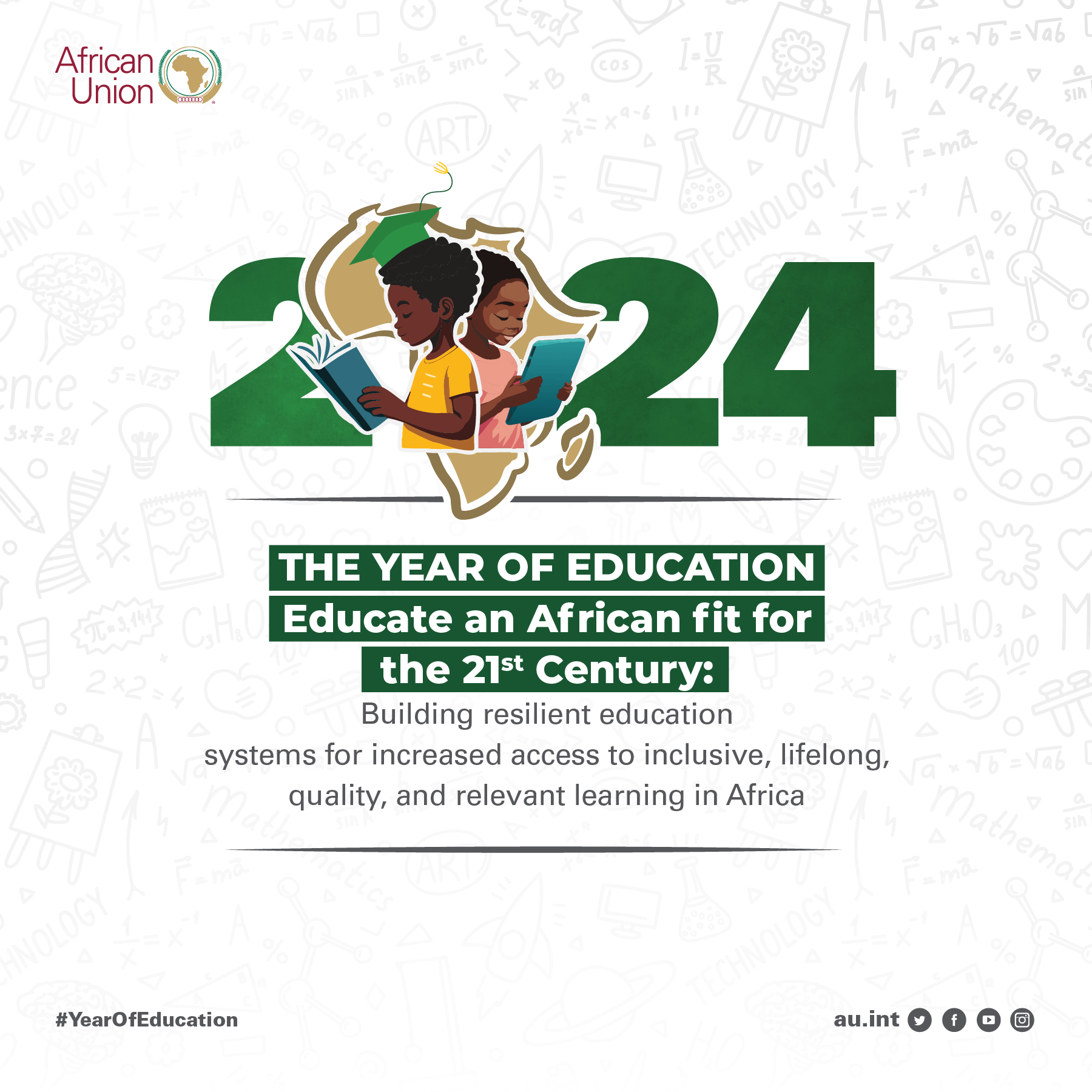H.E. Wamkele Keabetswe Mene, Secretary General of the African Continental Free Trade Area (AfCFTA) Secretariathas briefed the Pan-African Parliament (PAP) on the progress made by African countries towards the implementation of the AfCFTA.
African countries opened their markets on 1st January under the continental free trade agreement. Duty-free trading of goods and services across borders is now underway. The new market created under the AfCFTA agreement is estimated to be as large as 1.3 billion people across Africa, with a combined gross domestic product (GDP) of $3.4 trillion. This has a potential of lifting up to 30 million Africans out of extreme poverty, according to the World Bank.
The main objectives of the AfCFTA are to create a single market for goods and services, facilitate the movement of persons, promote industrial development and sustainable and inclusive socio-economic growth, and resolve the issue of multiple membership, in accordance with agenda 2063.
In his message to the Virtual Joint sitting of the Permanent Committee on Transport, Industry, Communications, Energy, Science and Technology and Committee on Trade, Customs and Immigration Matters, H.E. Mene recalled that the commencement of trading under the AfCFTA follows a five- and half-year period since negotiations were launched on 15 June 2015. Further negotiations were followed by signing of the Agreement on 21 March 2018 and entry into force on 30 May 2019.
“The AfCFTA is expected to boost intra-African trade, promote industrialization, create job, and improve competitiveness of African industries on the global stage. 54 countries have signed this Agreement, 37 have ratified it, over 40 have submitted their tariff offers. This is a strong signal that Africa is ready to start trading on the basis of new rules and preferences that will ensure that the African Market is integrated,” said H.E. Mene.
The Secretary-General of the AfCFTA Secretariat cited a report from the World Bank which projects that by the year 2035, if Africa implements the AfCFTA agreement effectively, there is an opportunity to lift out of poverty one hundred million Africans. And the majority of this hundred million Africans that will be lifted out of poverty, are women in trade. According to H.E. Mene, it will be the opportunity to close the gender income gap, and the opportunity for SMEs to access new markets.
“We have to take active steps to make sure that we place Africa on the path of industrial development so that by the year 2035, we’re able to double intra-Africa trade with value added goods. We have to stop being exporters of primary products to countries of the North. We have to create jobs on the African continent by developing our regional value chains and be self-sufficient in our own continental production. This is not just a trade agreement; this is our hope for Africa to be lifted up from poverty,” said H.E. Mene.
H.E. Mene also warned that even as trading formally starts, the road to full implementation remains long: “It’s going to take us a very long time. But we are taking concrete actions to address challenges which can reduce the meaningfulness of this agreement. These challenges include the lack of roads, the right equipment for customs authorities at the border to facilitate the fast and efficient transit of goods, the infrastructure, both hard and soft. We need Parliamentarians, women, youth, businesses, trade unions, civil society, cross border traders, the academia, the African Diaspora and other stakeholders to join us in this historic endeavour of creating the “Africa We Want”.”
Hon. Alex Chersia Grant, Deputy Chairperson of the PAP Committee on Trade, Customs and Immigration Matters welcomed the briefing from the Secretary General. He called for more interactions with the Secretariat of the AfCFTA to enable African Parliamentarians to follow the progress of the implementation of the agreement in order to fully play their oversight role on behalf of African citizens.








